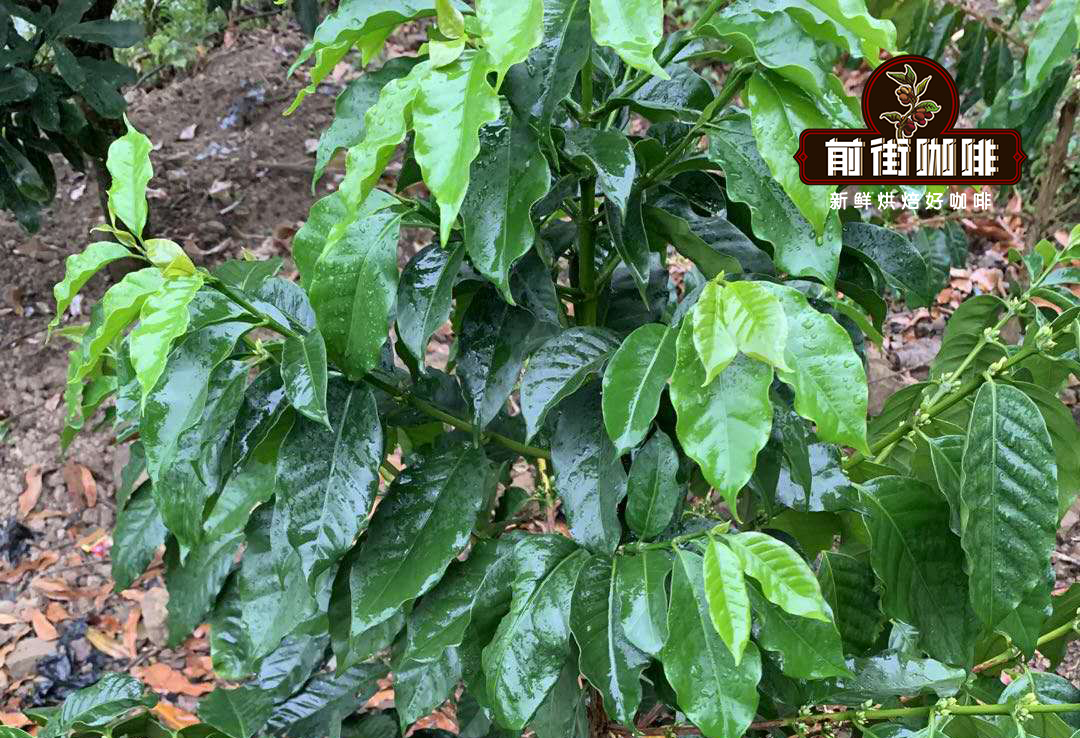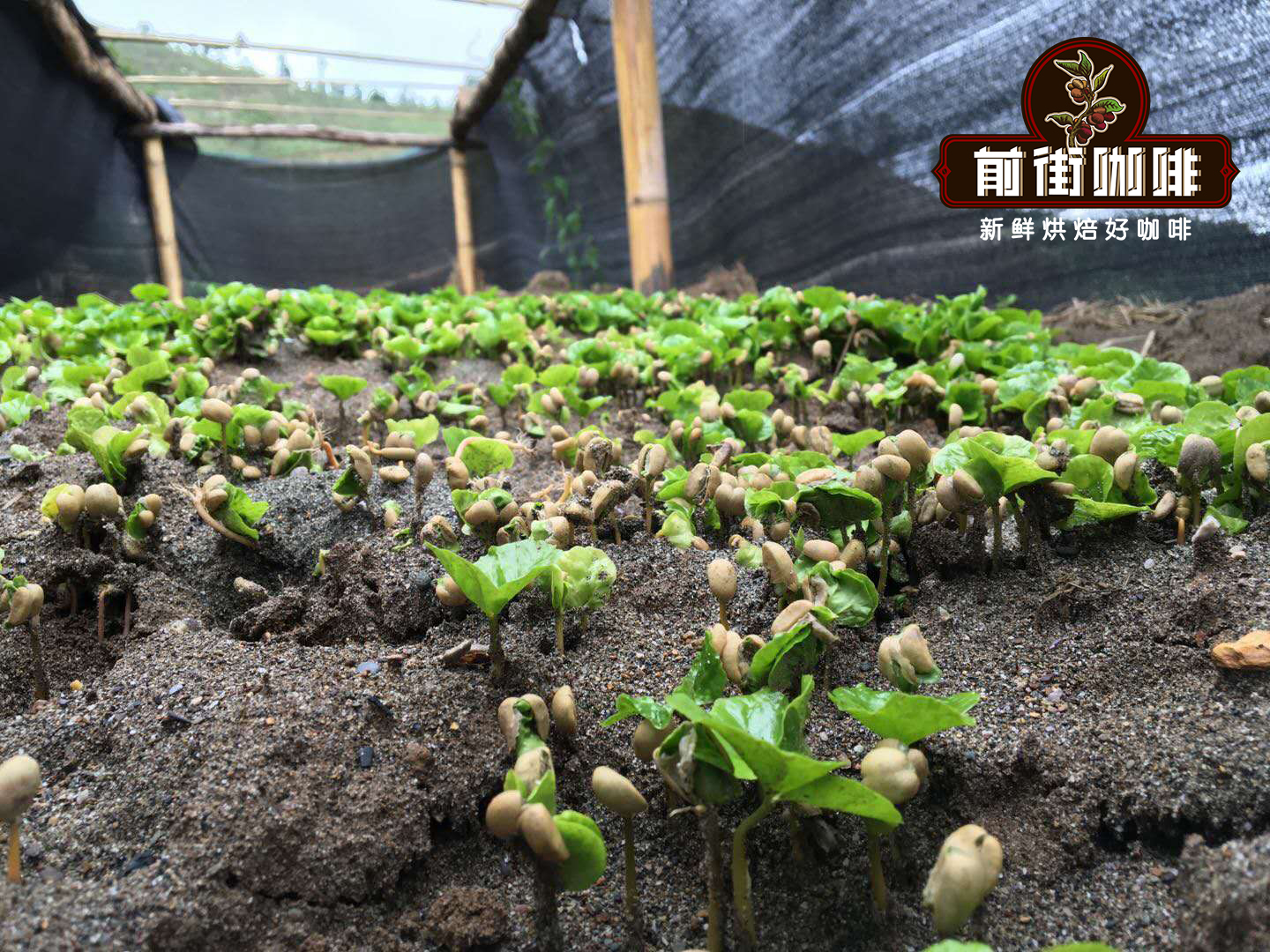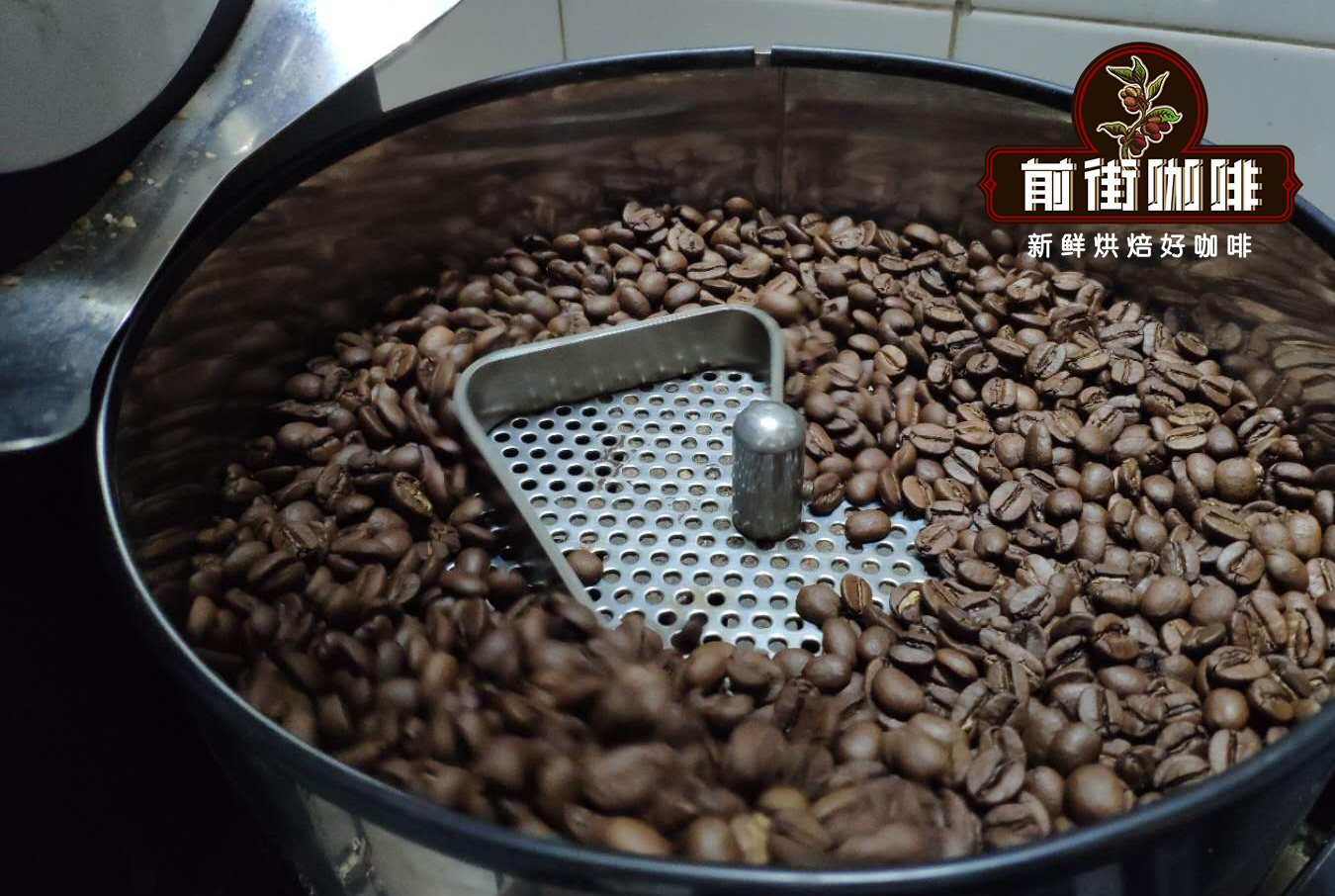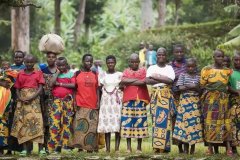The impact of the epidemic on the coffee industry in 2020 How to deal with the impact of the epidemic from producing areas to stores

As we all know, 2020 is an important year for the coffee industry. Huge losses have been caused by Covid-19, logistics problems and the widespread closure of cafes. However, among all the difficulties faced by the supply chain, stakeholders throughout the industry work together to innovate and deal with these difficulties and challenges.
Discussions throughout the industry highlighted the importance of collaboration and explored how partners and stakeholders can work together to overcome these obstacles. To learn more about the role collaboration must play, I participated in the "Virtual Coffee Dialogue" webinar series.
Communication and knowledge enhance resistance
For many major stakeholders in the coffee industry, cooperation is the most important agenda. Mariela Wismann, director of the Rikolto Latin American Coffee Program, stressed that constructive dialogue is essential for every participant in the coffee supply chain. She says they help build transparency and understanding and share knowledge, but sometimes lack communication and cooperation.
"it affects decisions," she told me. " "for example, for producers, explaining why they process it in some way, how they harvest it, and the difficulties they encounter in transporting coffee can provide support to buyers and importers."
Mariela explains that this is part of the reason why many organizations, including Rikolto, organize webinars. She told me that the aim was to jointly develop a new strategy for the coffee industry.
In industries that lack regional data, virtual events will be an important part of building knowledge and community awareness, she added. "including producers is important; we need to recognize their expectations and build resilience with those who depend on coffee for a living."

The influence of COVID-19 on Latin American supply chain
There has been a lot of discussion about how Covid-19 affects the consumer side of the supply chain by closing cafes and reducing sales.
However, the discussion about the impact of coronavirus on producing countries has been greatly reduced. Before the pandemic, many producers were already dealing with the long-term consequences of previous crises (including coffee rust and the low-price crisis in 2014).
Juan Humberto Davila of the National Federation of Coffee growers of Colombia stressed in the "Virtual Coffee Dialogue" series that through cooperation, FNC and the Colombian government can clearly communicate new measures to coffee producers. He added that they achieved this by using characters and symbols that many producers were already familiar with, such as professors Juan Valdez and Yarumo.
In many cases, cooperation between national governments and other organizations makes a rapid response to Covid-19 possible. Andr é skeeper is the program director of the COFFEE project in Verit é. He points out that the stronger the organizations involved, the faster and more effective they can respond.
"[the organization] moved quickly to identify biosafety agreements that could be effectively transmitted [between coffee producers]," Andres said. " "they also bring local and local governments together and promote effective mitigation measures and the provision of support services."
While many organizations are committed to mitigating the impact of the epidemic, others use it as an opportunity to launch new projects and programmes. Victor Sarabia (V í ctor Sierra y Selva Exportadora) is responsible for leading the Peruvian working group Procaf é organized by the public and private sectors on behalf of the Public sector Plan Sarabia. He says the pandemic provides an opportunity for unity in the coffee sector.
"[for example, we have created] an integrated virtual platform that supports national and regional coffee events organized in the second half of 2020," he said. "

Innovation of Coffee Industry in Latin America
In recent years, there has been a global recognition of how innovative the coffee industry in Latin America is.
One of the most popular topics in the discussion is the driving force to increase coffee consumption within the producing country. By increasing internal coffee consumption, producing countries can build a healthy coffee drinker base and provide producers with more choices and safety.
VeraEsp í ndola, a board member of the Professional Coffee Association (SCA), has been commenting on the topic of increasing domestic consumption. She cited a number of examples in the virtual dialogue, including the school coffee program in Brazil, the promotion of coffee in Mexico through domestic tourism, and the use of coffee as a "every minute of the day" drink by the Foreign National Congress of Colombia.
With regard to the theme of innovation, Vera points out that it does not have to be associated with new technologies or the work of a single organization. "We need to change a way of thinking," she said. " "We believe that innovation should be led by an institution (such as the government), but in more than one case, coffee innovation is being unified."
Another piece of innovation comes from Dutch trading platform Beyco, which has been using blockchain technology to unite coffee producers and buyers. Demand for the platform increased during the Covid-19 conference because it helps people get together when they can't travel. The platform focuses on transparency and traceability, and its detailed data records support long-term relationships among stakeholders.
Finally, VinicioD á vila Castillo, president of Anecafe, talked about how Ecuador can improve its pedigree. One of the major innovations of Ecuadorian coffee over the past decade has been the launch of Taza Dorada, a national competition and auction platform, Vinicio said.
This activity driven by the private sector enables Ecuadorian producers to sell their products at competitive prices. In several versions of the process, participants improved the quality of coffee and used it as a gateway to many international events with the support of the government. Like the Excellence Cup, the competition now faces the challenge of "virtualization" in unusual times.

Work together to promote the coffee industry
Sustainability has been an important theme in the coffee supply chain for decades. The discussion about it covers everything from the environment and climate change to how and when producers pay for their crops. But what role must collaboration play in the sustainable future of the coffee industry?
Lily Pacas (Lily Pacas) of the Salvadoran Coffee Council pointed out the key role of government and public sector institutions in the virtual dialogue. They provide a framework for implementing important policies and regulating relationships among different players in the supply chain, she said.
Similarly, Lorenzo Castillo, general manager of Peru's National Coffee Agency, says it is also important to have a strong national coffee agency. He says these support and strengthen organizations and cooperatives of producers as well as internal coffee growers.
Ric Rhinehart, former chief executive and executive director of SCA, said the future success of the coffee industry will depend on how producers cooperate rather than compete with each other.
Joao Mattos of CLAC-Fair Trade points out that the production of organic coffee may be a way to achieve financial and environmental sustainability. However, in order to continue to succeed in the future, he said that young people and women must be empowered to hold senior positions.
Finally, Gelkha Buitrago of the Global Coffee platform discussed a collective action plan that has had a positive impact on Brazil and Viet Nam. The model gives priority to the establishment of a "national curriculum on sustainable development" and provides measures to analyse and review its results.
The first three sessions of the Virtual Coffee Dialogue were held in August and September. They are organized by Rikolto Latin America, PROMECAF É, Cospe, ProAmazon í an and Jacobs Douwe Egberts to discuss cooperation throughout the supply chain.
Mariela shared some key conclusions from the first three webinars:
The coffee department needs to talk about sustainability. We need to share initiatives so that they can be discussed, validated and documented. Only in this way can we find the significance of sustainable development and the direction towards sustainable development.
The coffee industry is flexible. However, we need to ensure that its flexibility protects all participants in the supply chain, with particular attention to producers.
In countries with fewer organizations supporting supply chains, the impact of Covid-19 is more serious. In some countries, adjustments or new organizations may be required.
Moving forward together doesn't mean losing anything, it's just defining a basic shared agenda. These should include promoting innovation, promoting production change, mitigating the effects of climate change, and involving young people and women in a more inclusive coffee sector.
Collaboration can play a huge role in overcoming challenges such as Covid-19. There can be no innovation without discussion, which will help the industry find a way forward together.
Important Notice :
前街咖啡 FrontStreet Coffee has moved to new addredd:
FrontStreet Coffee Address: 315,Donghua East Road,GuangZhou
Tel:020 38364473
- Prev

El Salvador boutique coffee brewed with black honey to treat Pacamara coffee beans with special taste and flavor
Professional coffee knowledge exchange more coffee bean information please pay attention to the coffee workshop (Wechat official account cafe_style) Salvadoran coffee may seem relatively minority in boutique coffee, what many people do not know is that Salvadoran coffee in its heyday, was once the world's fourth coffee producing country, due to decades of civil war, dragged down the entire coffee industry, the local farmers Ren Tian abandoned
- Next

Peruvian coffee what are organic coffee beans? The difference between organic coffee beans and ordinary coffee beans
Professional coffee knowledge exchange more coffee bean information Please follow the coffee workshop (Wechat official account cafe_style) mentioned Burundian coffee, reminiscent of its distinct acidity and fruity aroma. When it comes to sour coffee, we have to mention coffee from Ethiopia and Kenya in Africa. In the front street, Burundian coffee is compared with two producing areas, Burundian coffee.
Related
- Beginners will see the "Coffee pull flower" guide!
- What is the difference between ice blog purified milk and ordinary milk coffee?
- Why is the Philippines the largest producer of crops in Liberia?
- For coffee extraction, should the fine powder be retained?
- How does extracted espresso fill pressed powder? How much strength does it take to press the powder?
- How to make jasmine cold extract coffee? Is the jasmine + latte good?
- Will this little toy really make the coffee taste better? How does Lily Drip affect coffee extraction?
- Will the action of slapping the filter cup also affect coffee extraction?
- What's the difference between powder-to-water ratio and powder-to-liquid ratio?
- What is the Ethiopian local species? What does it have to do with Heirloom native species?

